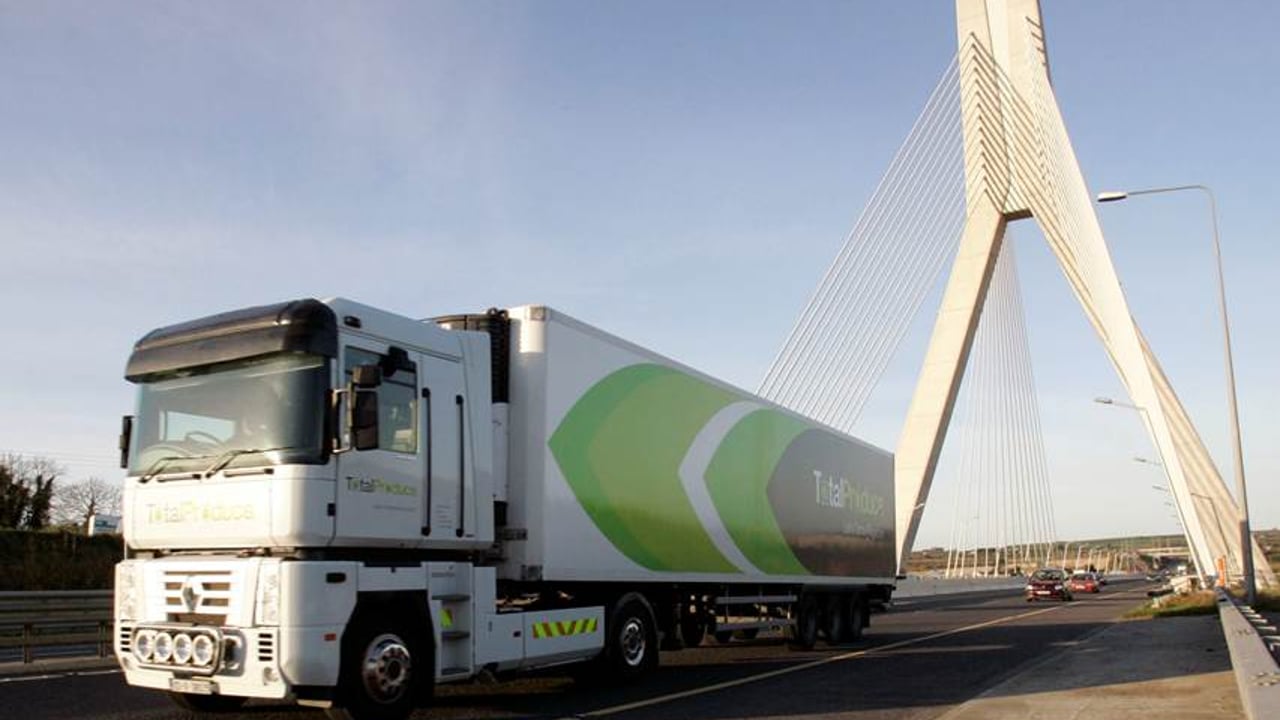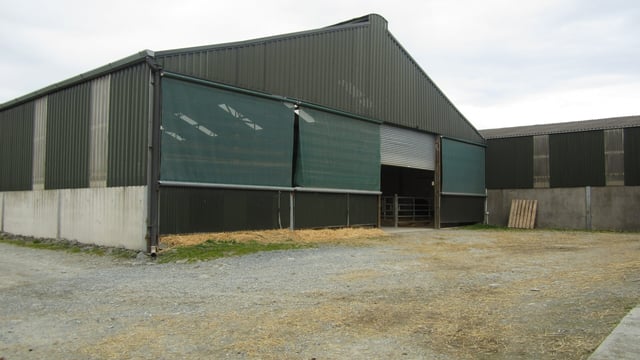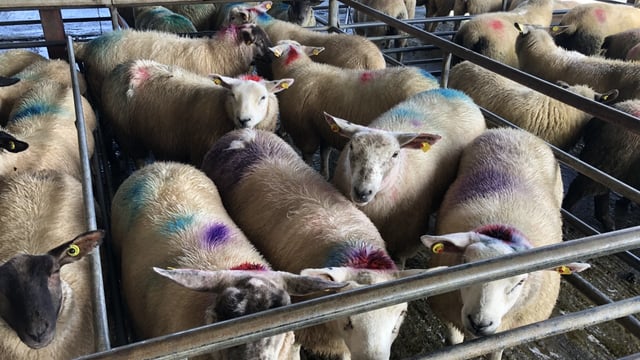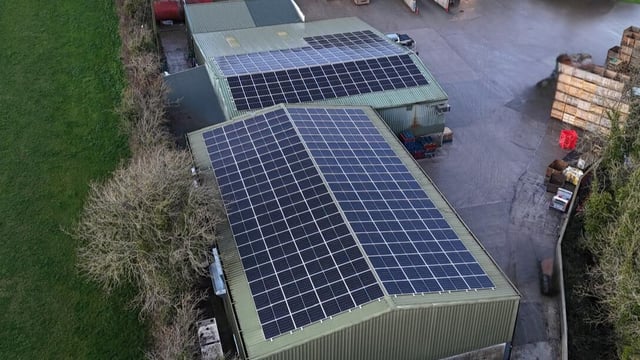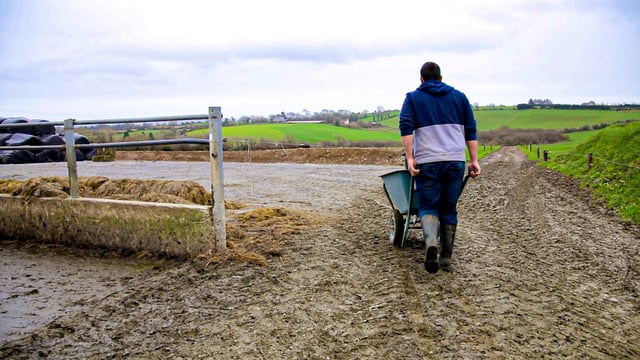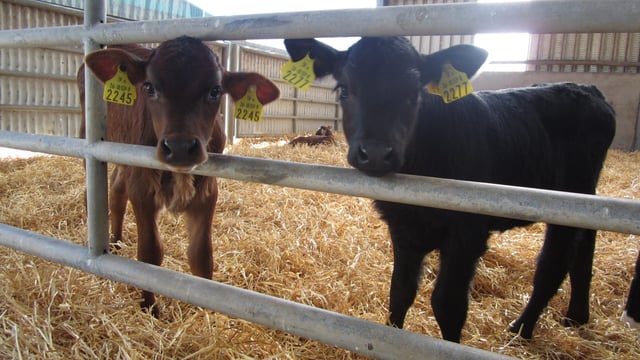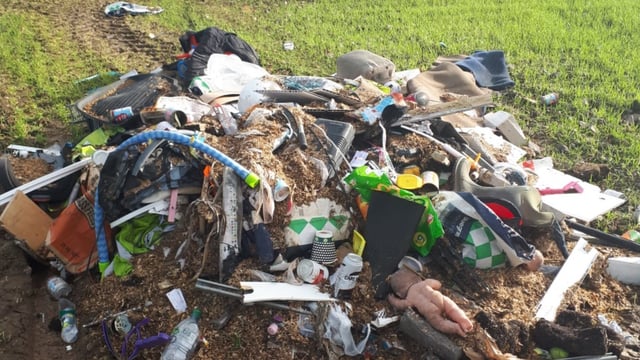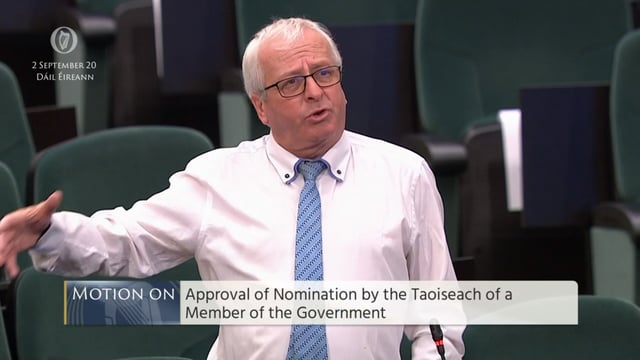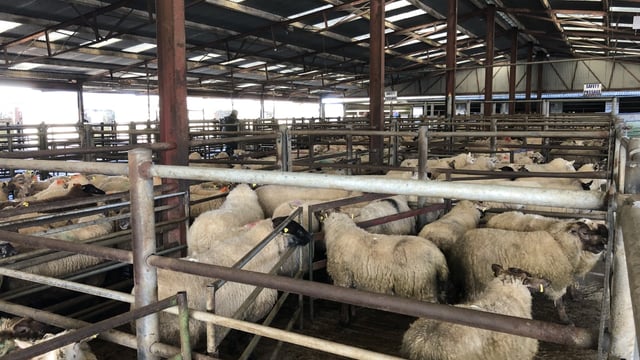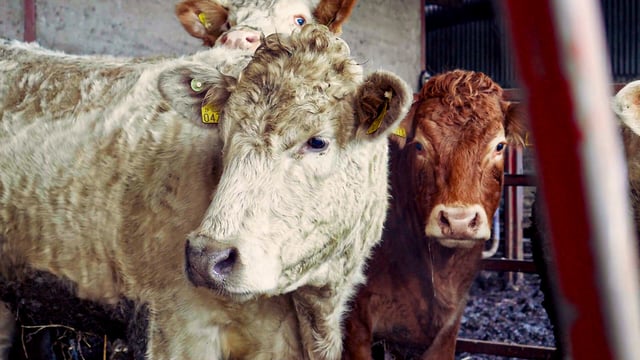FDI: Urgent Brexit support measures needed for 'exposed' food sector
Food Drink Ireland (FDI) has published new economic analysis that details the need for urgent support measures for the sector as it faces serious economic disturbance following the end of the Brexit transition period, which is now just 50 days away.
The report holds that funds amounting to 5% of the value of current annual export sales to the UK will be needed annually from domestic and EU sources for at least three years.
This would amount to 225 million per year – or €675 million over a three-year period – based on the 2019 level of food and drink exports to the UK, which was worth €4.5 billion.
These state aid supports and funds should be drawn from the EU’s €5 billion Brexit Adjustment Reserve, the document says.
In addition, a Tariff Support Mechanism will be required in the event of no deal, the FDI study says.
This would be a fund to offset the tariff amount imposed by the UK on the most exposed sectors. Such a fund “would allow industry to keep trading with our UK customer base, maintain our UK market position and avoid massive displacement of produce onto EU markets with consequent price collapse”.
The fund should also offset the impact of EU tariffs on indigenous manufacturers importing critical raw materials, it was added.
Commenting, FDI director Paul Kelly outlined: “The Irish food and drink sector is by far the most exposed of any sector in any country in Europe to Brexit – deal or no deal.
“Supports are urgently needed not just to save companies within the food and drink sector, but also the jobs, communities and downstream suppliers reliant on them, including the farming sector and its longer-term sustainability.
In 2019, over 37% of Irish food and drink exports, valued at €4.5 billion, went to the UK market. In contrast, other member states typically see less than 10% of their food and drink exports go to the UK market.
“Our research shows the sector has a high employment multiplier effect, supporting employment in other diverse sectors within the economy.
“Over the past decade, the food and drink sector has spent over €120 billion in payroll and purchases in the Irish economy, accounting for 45% of the total of all manufacturing exporters.
“€82 billion of this amount was purchases of materials from primary producers and other domestic firms in their supply chain.
Intermediate purchases made by food and drinks producers from the agriculture sector in 2012 made up 85% of the total external product flows from the agricultural sector. This level of purchasing is the main facilitator of farm incomes and investment in the Irish economy.
“Failure to address the serious economic disturbance that will follow the end of the Brexit transition period would have devastating effects on the wider economy,” the director warned.

